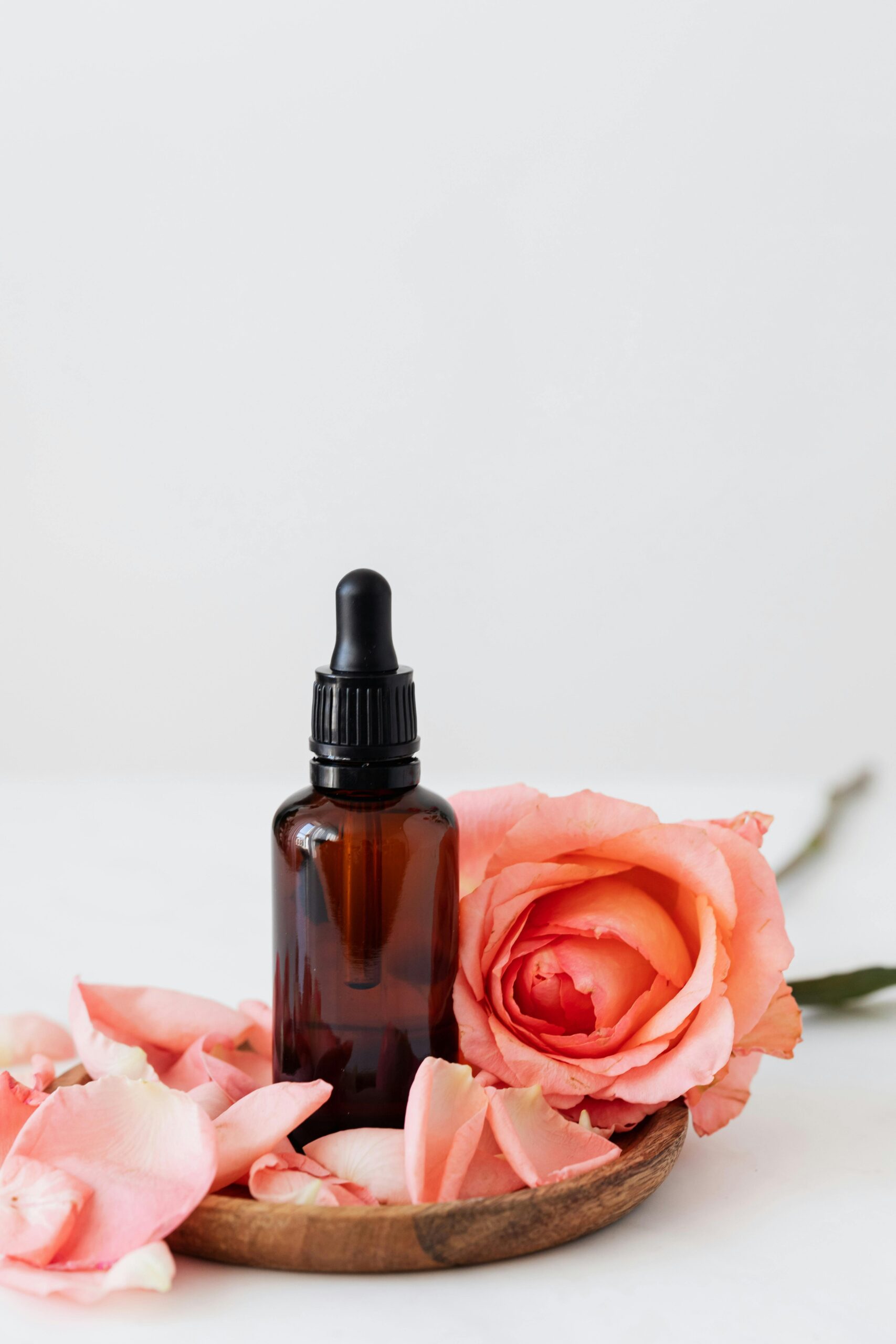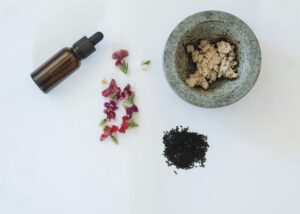The skincare world is no stranger to buzzworthy ingredients. From hyaluronic acid to niacinamide and retinol, each compound brings its own unique set of benefits. But a lesser-known, yet highly potent player is starting to steal the spotlight—Vitamin F. Often overlooked in favor of more mainstream actives, Vitamin F is now gaining recognition as a superhero ingredient for skin health.
So, what exactly is Vitamin F, and why is it creating such a buzz in the skincare industry? Let’s break down its science, benefits, and how to incorporate it into your routine.
What Is Vitamin F?
Despite its name, Vitamin F is not a single vitamin—it’s a term used to describe two essential fatty acids: linoleic acid (omega-6) and alpha-linolenic acid (omega-3). These fatty acids are crucial for maintaining healthy skin but cannot be produced by the body, meaning they must be obtained through diet or topical skincare products.
Vitamin F is naturally found in ingredients like:
- Flaxseed oil
- Chia seed oil
- Sunflower oil
- Rosehip oil
- Avocado oil
When applied topically, Vitamin F helps restore and maintain the skin’s natural lipid barrier, which plays a vital role in moisture retention and overall skin function.
Why Vitamin F Is Essential for Skin Health
1. Reinforces the Skin Barrier
The outermost layer of your skin—the stratum corneum—relies heavily on healthy lipids to maintain its integrity. Vitamin F strengthens this barrier, helping to prevent moisture loss and protect against environmental stressors like pollution and harsh weather.
A strong barrier means fewer breakouts, reduced redness, and less sensitivity overall.
2. Soothes Irritated and Inflamed Skin
Thanks to its anti-inflammatory properties, Vitamin F is incredibly effective at calming irritated or compromised skin. It’s especially beneficial for individuals with conditions like eczema, dermatitis, rosacea, or acne-prone skin.
Linoleic acid, in particular, helps regulate sebum production and reduce inflammation, making Vitamin F ideal for oily or blemish-prone skin types.
3. Boosts Hydration and Glow
Vitamin F supports healthy cell function, enabling the skin to retain moisture more effectively. This results in softer, more hydrated skin with a natural glow. When used in conjunction with humectants like hyaluronic acid or glycerin, Vitamin F enhances their water-retaining properties for even better hydration.
4. Fights Signs of Aging
Dry, compromised skin often shows signs of aging sooner. By maintaining lipid balance and improving elasticity, Vitamin F helps smooth fine lines and improve overall skin texture. Its antioxidant properties also protect against free radical damage that contributes to premature aging.
Who Should Use Vitamin F?
Vitamin F is incredibly versatile and suitable for all skin types. Here’s how different skin types can benefit:
- Dry or dehydrated skin: Replenishes essential fatty acids to restore softness and hydration.
- Sensitive skin: Calms irritation and strengthens the barrier.
- Oily or acne-prone skin: Helps regulate sebum without clogging pores.
- Aging skin: Boosts elasticity and improves radiance.
Because it’s so gentle, Vitamin F can be safely used even on reactive or post-procedure skin (such as after exfoliation or laser treatments).
How to Incorporate Vitamin F Into Your Skincare Routine
Look for facial oils, serums, and moisturizers that contain Vitamin F-rich ingredients. Popular product labels may include “omega fatty acids,” “linoleic acid,” or specific plant oils like rosehip and flaxseed.
Best practices:
- Apply Vitamin F-rich products after cleansing and toning, and before or after your moisturizer, depending on the formulation.
- Pair with ceramides, hyaluronic acid, or niacinamide for enhanced barrier support and hydration.
- Use consistently, especially during colder months or after skin treatments.
Vitamin F vs. Other Skincare Ingredients
Unlike some skincare actives that can be irritating (like retinoids or exfoliating acids), Vitamin F is non-irritating and nourishing. It works synergistically with other ingredients rather than against them, making it a great base for any skincare regimen.
It may not deliver dramatic overnight results like exfoliants, but its long-term skin strengthening effects are undeniable—and essential for skin longevity.
Final Thoughts: Is Vitamin F Worth the Hype?
As the beauty industry continues to shift toward barrier-first skincare, Vitamin F is earning its rightful place in the spotlight. Its ability to nourish, repair, and protect the skin makes it a quiet powerhouse that supports all aspects of skin health.
Whether you’re battling dryness, sensitivity, or simply looking to boost your glow, Vitamin F is a smart, skin-loving choice. Add it to your routine and let this under-the-radar ingredient work its magic—your skin will thank you.















